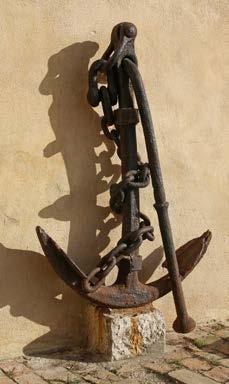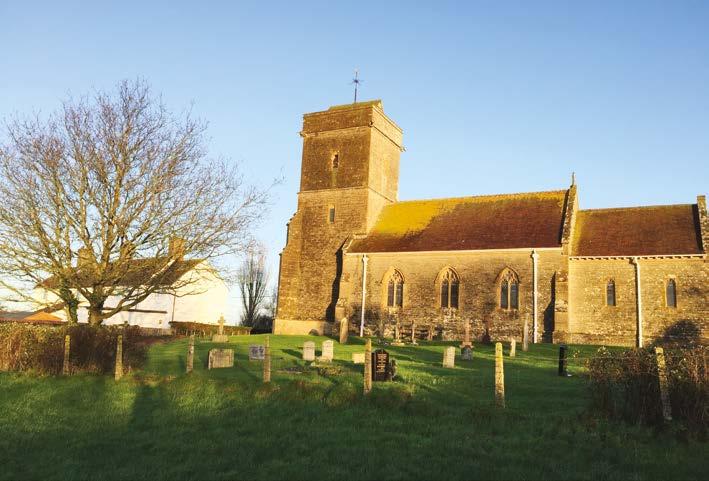The fatal secrets of Sir Walter Raleigh He lost his head. Bess kept hers (and his). As many a contemporary high-profile public figure has found, Raleigh’s concealment of damaging secrets merely lead to greater trouble in the end. Raleigh was born to the quietly formidable Elizabeth Champernowne, the third wife of Raleigh’s father. She was the widow of Otho Gilbert, with whom she had produced three sons, Adrian, Sir Humphrey and Sir John Gilbert. All three, along with the two sons from her marriage to Raleigh Senior, Sir Carew and Sir Walter, emerged as able, ambitious and intellectually powerful personalities. In Raleigh, there was also a questioning mind, fertile imagination and an originality of thought that was to play such a part in his securing the Queen’s admiration, but which may well have also laid the foundation for his apparent atheism, one of the two fatal secrets. Once brought to the attention of Queen Elizabeth, Raleigh’s good fortune came swiftly. There seems little doubt that his physical attractiveness and compelling spirit played a large part in the process. His enjoyment of the Queen’s patronage was similar to that of Robert, Earl of Essex, his great rival and detractor. By too closely linking their fortunes to the capricious Monarch both were to come to grief. Adventurer, Writer, Poet, Spy, Patron of the Arts (he mentored Edmund Spenser, author of The Faerie Queene), Knight of the Realm, Captain of the Guard and commander of three major expeditions in the service of the Queen, Raleigh was a man of complex personality and robust temperament. He was twice imprisoned for fighting and twice challenged to duels. His success generated resentment and unpopularity and he Raleigh: an oil painting was perceived by the De Veres and the Devereaux of the age as a ‘jack’ a ‘knave’ and an ‘upstart’. This is ironic, as one of the reasons for the Queen’s extreme displeasure on hearing of his secret marriage to Elizabeth Throckmorton (Bess), was her belief that he had married beneath him. The scandal of his liaison with one of the Queen’s ladies-in-waiting was the second fatal secret. Elizabeth first rewarded him with large estates for his exploits in Ireland. Throughout the early 1580s his favour grew: he was given trade privileges and the right to colonise America; received the patent for granting licenses to sell wine; knighted; awarded a London residence in Durham House and became captain of the Queen’s guard. He reached his probable zenith in January 1592, with the bestowing of the country seat of Sherborne Castle. As an aside, Raleigh never ‘owned’ Sherborne. Queen Elizabeth had identified Dr John Coldwell as a candidate for the Bishopric of Salisbury, and he was persuaded, possibly as an inducement to gain the appointment, to release to the Crown the Estate of Sherborne and its manors on a 99 year lease. Subsequently, this was sub-let to Raleigh for £200 pa (about £55,000 today). 34
Issuu converts static files into: digital portfolios, online yearbooks, online catalogs, digital photo albums and more. Sign up and create your flipbook.














